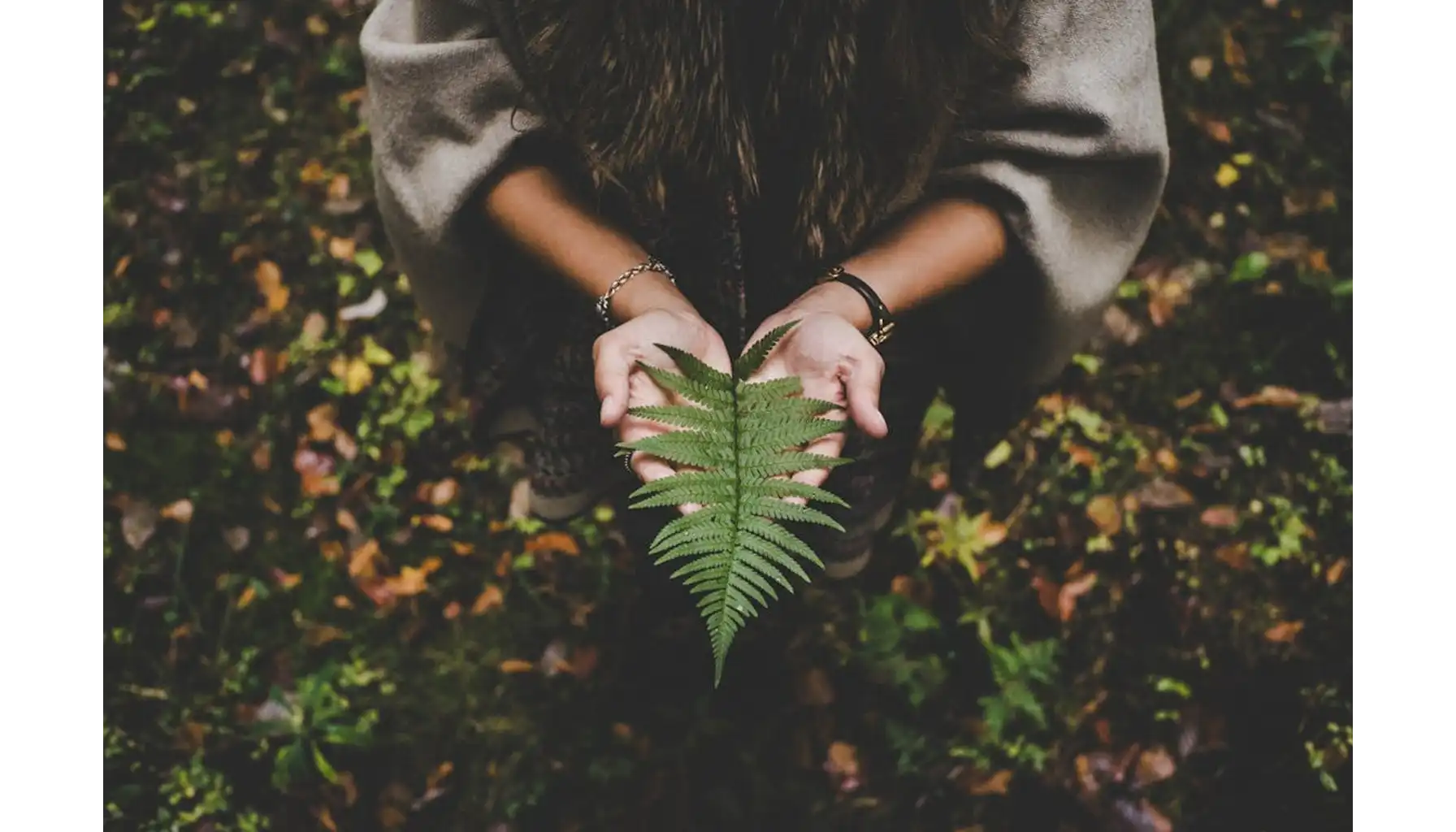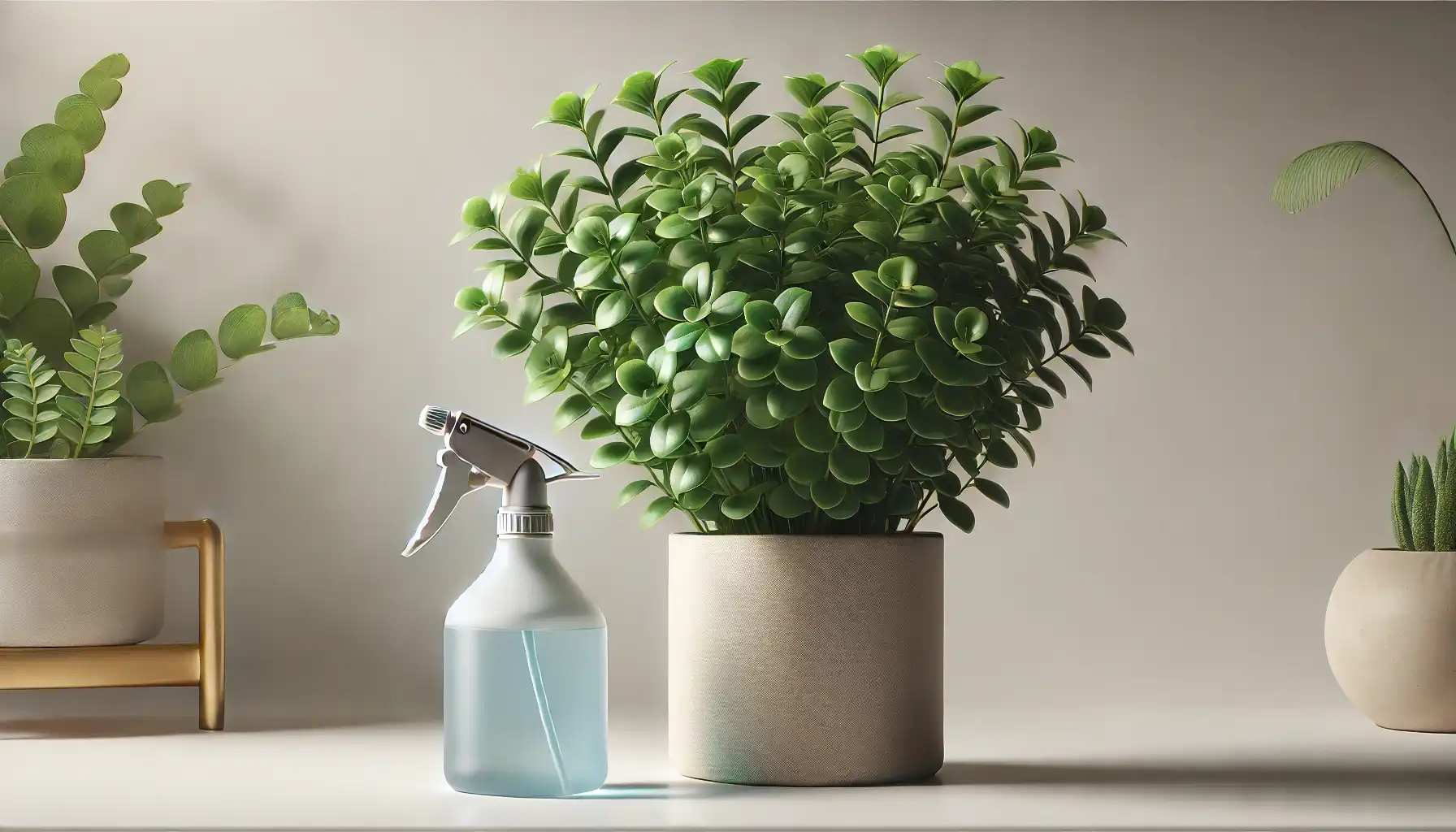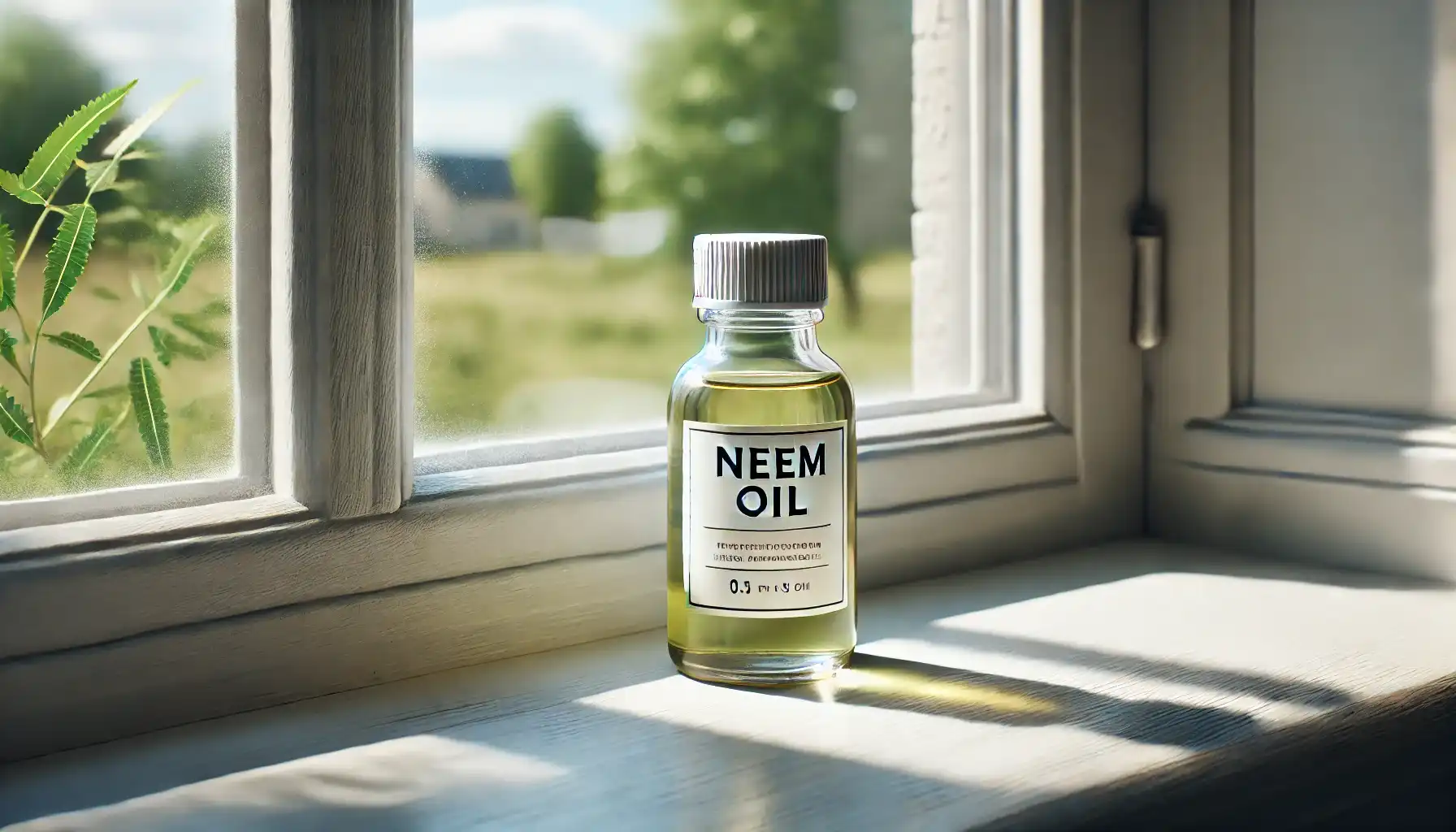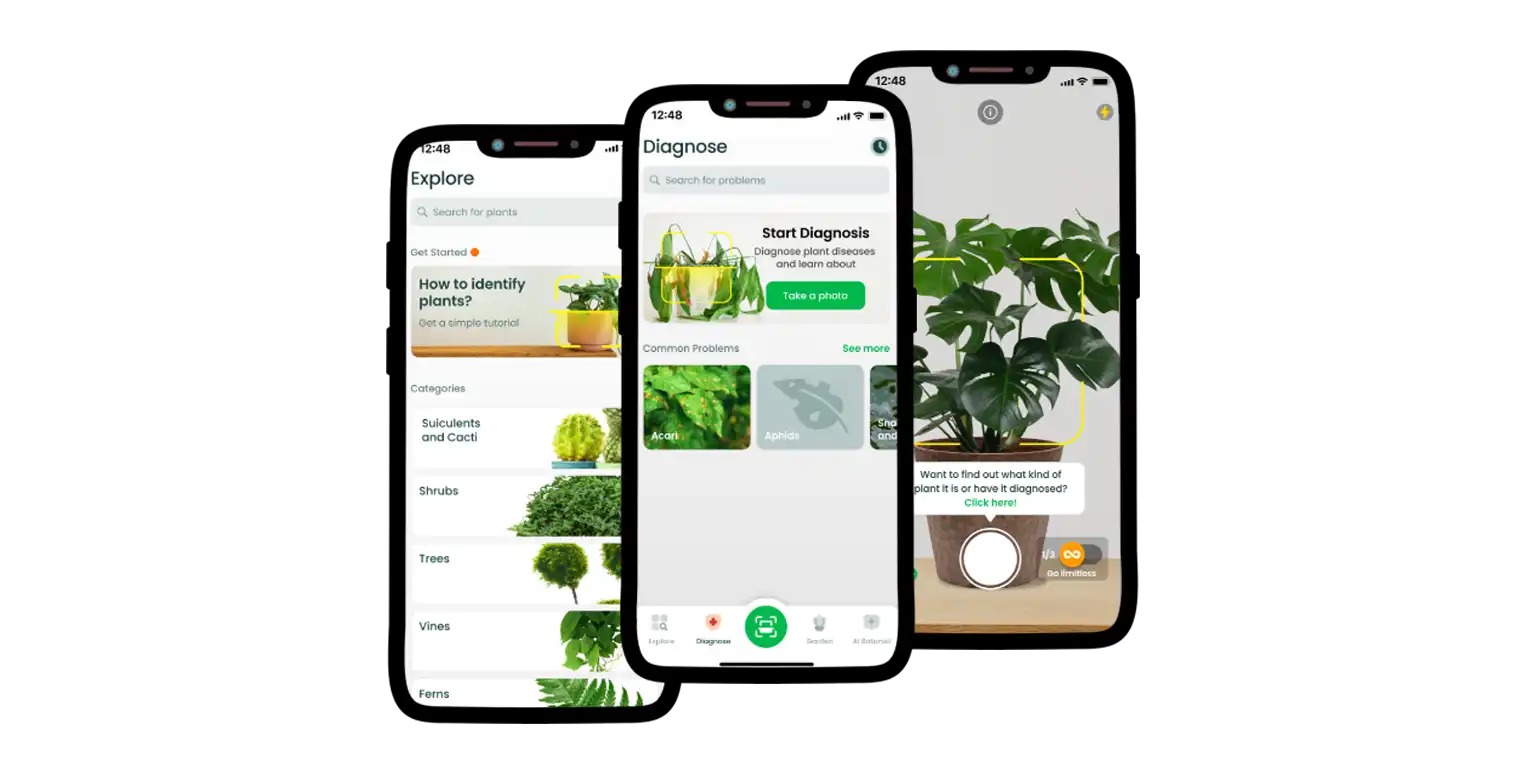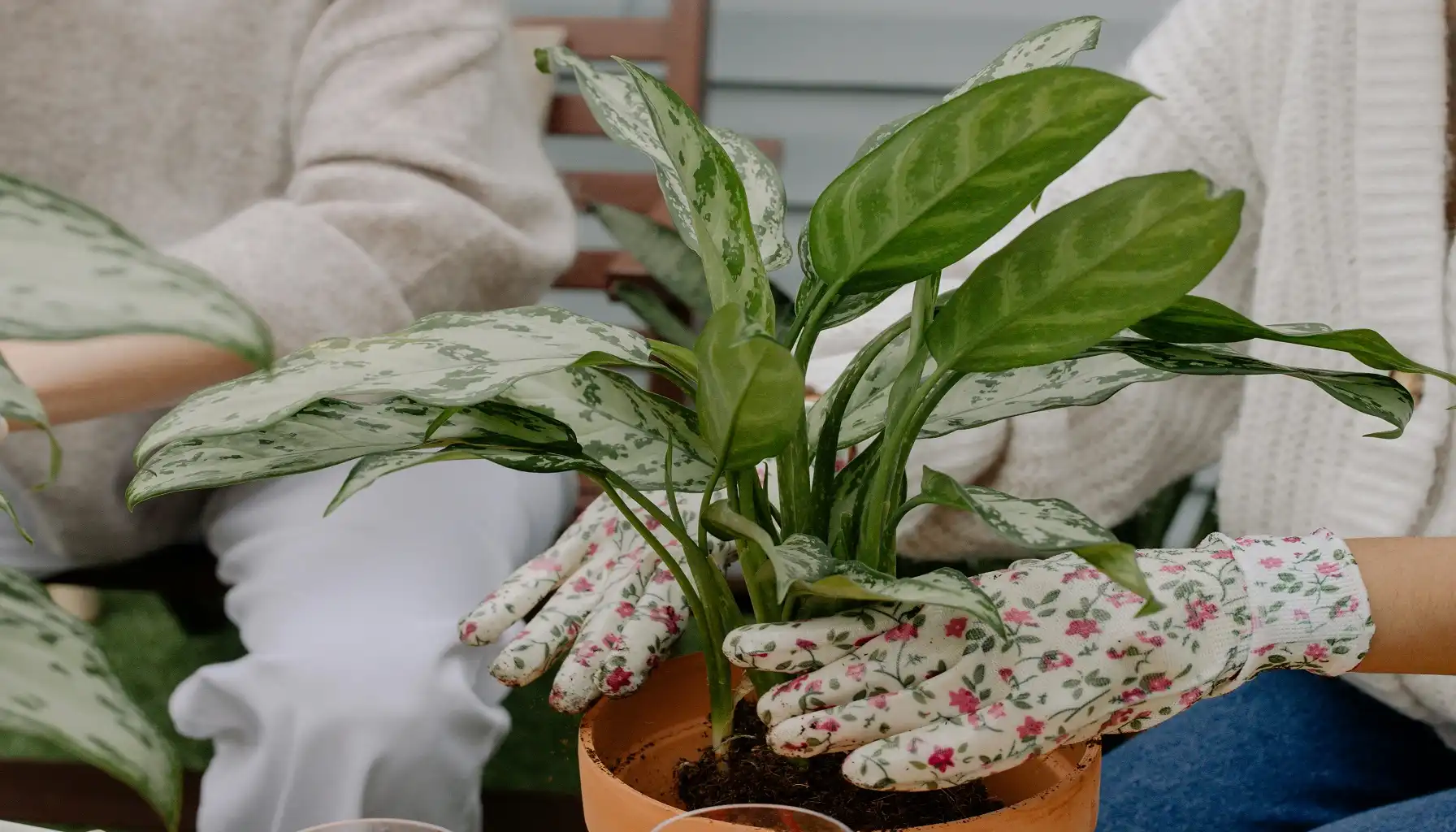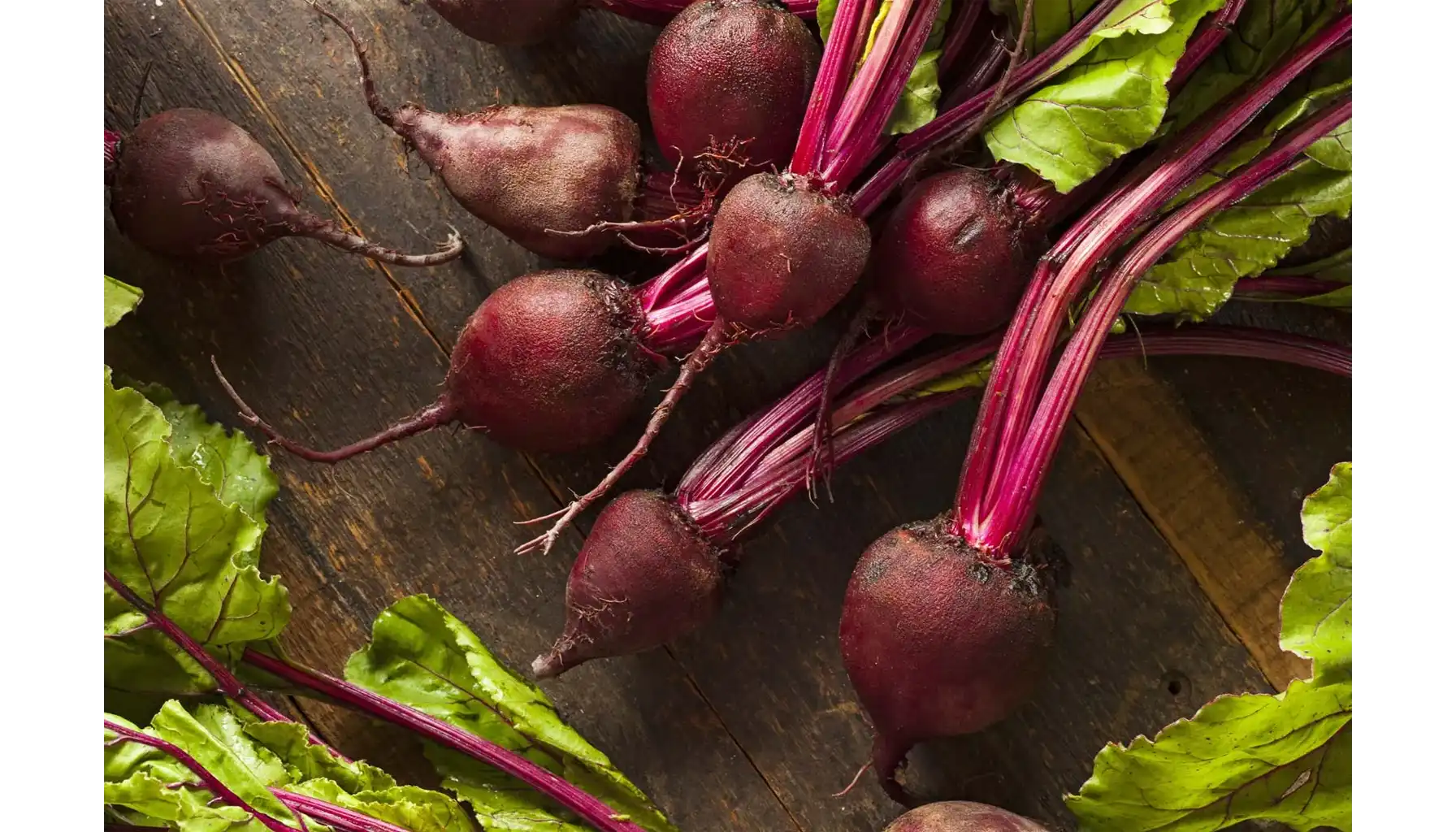For gardens, pest infestation is one of the most common yet unpleasant issues that should be addressed on time, just as the understanding of the best time to water plants. In the era of sustainability, one tries to find environmentally friendly options that are to be safe and efficient at the same time.
Here comes the neem oil, a natural pest repellent that offers a decent alternative to harsh chemical pesticides and harmful techniques as well. How does it work? Which indoor plants don't like neem oil and why? Learn more about this eco-friendly option and explore how to apply it the right way.
What is Neem Oil?
In general, neem oil is a natural, vegetable oil extracted from the seeds of the neem tree and typically used as an eco-friendly pesticide. For today’s agriculture aimed to facilitate sustainable living, neem oil, rich in azadirachtin, is considered a great substitute for other pest control methods, especially those involving synthetic compounds.
Neem oil, as such, is indeed effective when applied on immature pests, e.g., aphids, mealybugs, and whiteflies, and consumed by them as well. To be more precise, the oil hinders the pest’s growth and development and clogs the pores of the insects, making it impossible for them to breathe. Nevertheless, however helpful it may seem, this type of oil is not a universal solution, this is why assessing pros and cons beforehand is paramount.
Advantages and Disadvantages of Using Neem Oil as an Organic Pesticide
Like most organic solutions, neem oil may offer various benefits and simultaneously pose threats thanks to its uncontrollable nature and composition. Though widely promoted by plant enthusiasts these days, the method should be carefully evaluated and thought over long before implementing it in the plant care routine. So, what should we know about neem oil?
Main Advantages
Eco-friendly Option: The most prominent advantage of neem oil is its biodegradability, which means the oil’s compounds are quick to break down and release fewer pollutants in the end.
Non-Toxic to Humans and Pets: In general, neem oil is considered a safe option for many living beings, though it is always better to stay cautious and keep animals and children away from the substance.
A Wide Range of Pests to Control: Unlike many synthetic pesticides, neem oil’s effect covers lots of pest species, as well as fungi, which makes it an efficient dual-purpose treatment.
Main Disadvantages
Impotent Option for Mature Bugs: As gardeners claim, neem oil is ineffective against adult pests and the hard-shelled species, which means this may not show significant results in an instant (until they consume it, at least).
Short-Lived Effect: As soon as neem oil is applied, the mixture degrades quickly and, thus, loses its effectiveness. Hence, one should employ this natural pesticide a few times in a row so as to achieve the expected results either way.
Possible Phytotoxicity: Under certain conditions, neem oil is not the best solution, for it may have a damaging effect on sensitive plants. So, which plants don't like neem oil? These typically include maples, walnuts, spruces, hibiscus, roses, and the like. Check the plant care requirements first so as not to exacerbate the issue.
How Do You Apply Neem Oil?
The use of neem oil may vary, depending on the formula of a pesticide and its concentration. Usually, one may employ the already prepared neem oil sprays or create their own one by mixing 1-2% neem oil essence with water (1-2 teaspoons per quart of water as suggested) and pouring it into a special container.
The rest is easy, for a gardener is only required to spray the solution all over the plant in the early morning/afternoon and repeat it every 5 to 7 days or right after rain. Nonetheless, it is vital to constantly monitor a plant for the signs of leaf burns and pest infestation progression so as not to miss it but take prompt measures and choose a more appropriate treatment method, if needed.
How to Select a Proper Pest Control Approach?
The process of choosing the most appropriate pest control method is complex, as gardeners should take into account various factors, such as the type of a pest, the plant’s specific traits, the season, climate, etc. What a daunting task it may be! But fear not, there are lots of versatile instruments that are designed to make this experience far easier and more pleasant. AI Plant Finder is a great example of how digital tools can assist users and help them keep their gardens healthy.
AI Plant Finder is a simple yet universal app perfect for plant enthusiasts of all sorts, be they professional gardeners or amused spectators. The app offers different features that can be useful for plant exploration, disease identification, gardening routine, and more. In terms of pest infestation, this platform may help one detect the type of pest torturing the plant and suggest the most suitable yet effective treatment plans to address the problem right away.
Just take a photo directly in the app, wait for the system to analyze it, and explore different options provided by respected botanists, plant enthusiasts, and other users from around the world. Do not forget to share your own experience and discover new opportunities with AI Plant Finder in your hands.
The use of organic pest control methods like neem oil is a good way to preserve nature and reduce the negative impact on the flora for good. Nevertheless, one should consider possible consequences, too, so as not to fall into the trap of the widely promoted “green culture” but make informed and yet sustainable decisions.
AI Plant Finder Related Posts:
